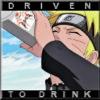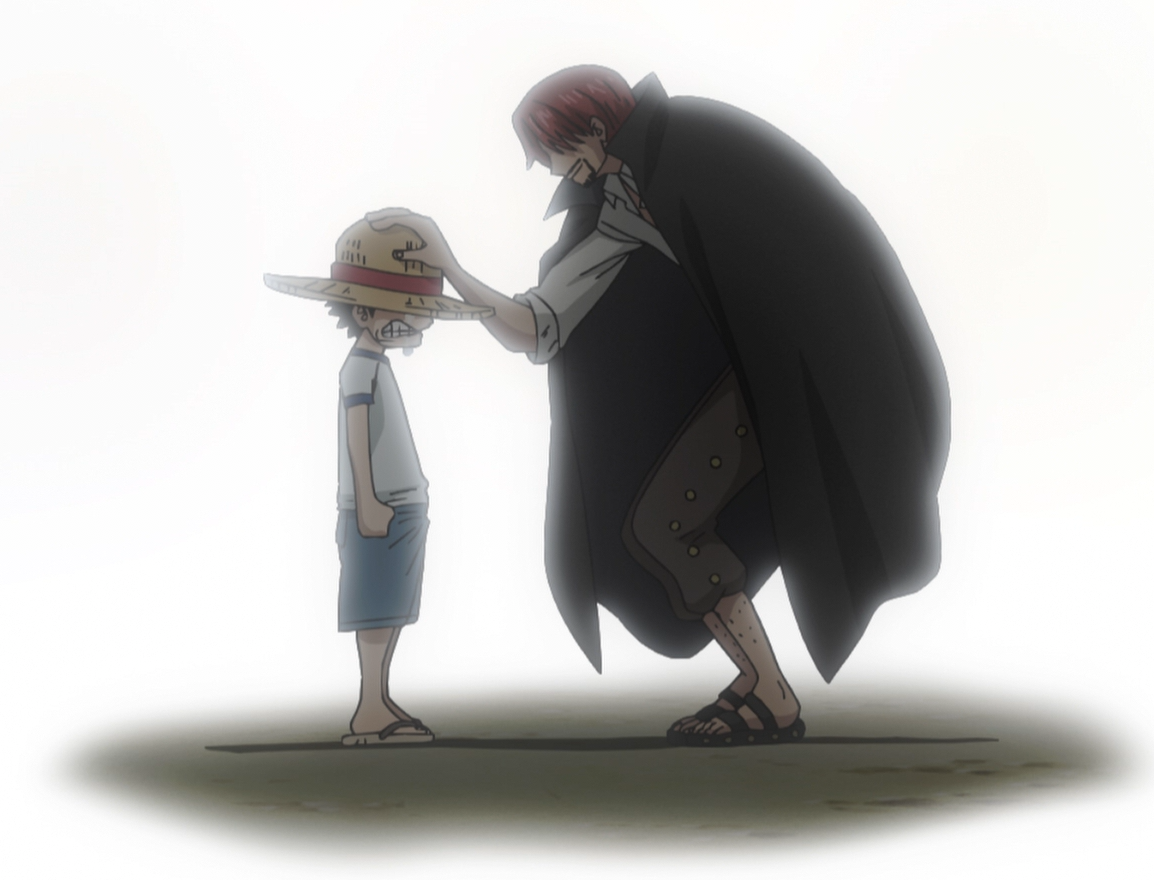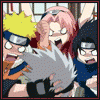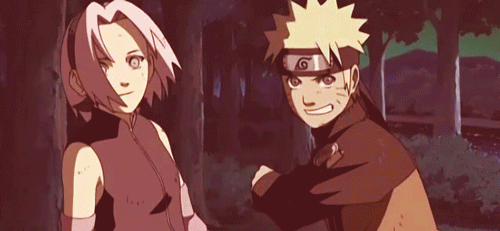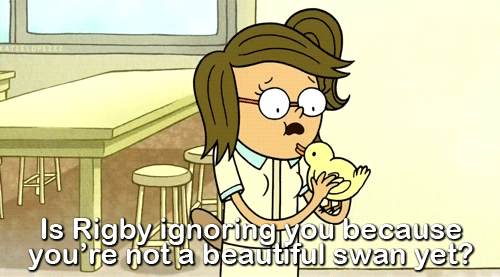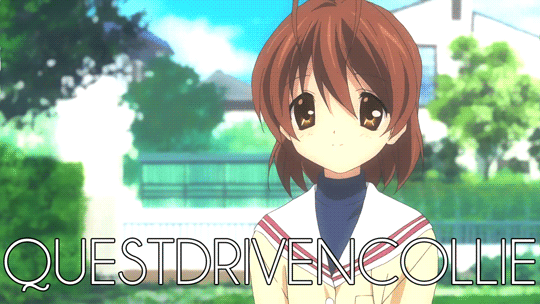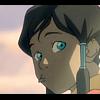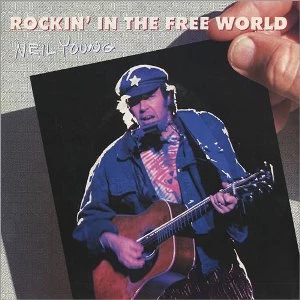Without knowing anything about Japanese law I really cannot offer one.
The US had a law that would have made those illegal, but it crashed and burned years ago.
See Ashcroft v. Free Speech Coalition.
http://en.wikipedia....peech_Coalition
I think the risk in any of those laws if how you write them without taking a bunch of other stuff with it. Perhaps that not a problem under Japanese law, but it's one of the reasons it failed in the United States. It's not unusual for laws that prohibit unprotected speech to be tossed because in doing so they take protected speech with it.
That's pretty much about it. That's one of the reasons why this anti-lolicon law isn't really feasible at the moment. I do however, try to make a tiny break-through by showing a distinction between lolicons and pedophiles since that is one of the major problems about this matter.
Lolicon has become a pop culture in Japan, but that in turn, allowed the media to spin it into something negative. Now there is one case I know in Japan where somebody was arrested for being a suspected child murder and just so "happens" to have some lolicon stash. But the real problem here is, the Japanese media has labelled him as a "lolicon." The main reason is simple: It's because it's so easy to remember and "rings nicely" in the head. (Of course, I think I'm remembering wrong, though.) What the Japanese media fails to do is making the correct distinction.
The case was mentioned here:
http://www.animenews...ssession/.75716
But anyways, on to the question I wanted to ask: I know that you know zilch about Japanese law (obviously), but what I was hoping for was another take on my views. Do you have a more general opinion from a legal perspective about this and the points I laid out? I think that even without knowledge of Japanese law, we can still discuss in a more generalized discussion from a legal perspective.
Lolicon is short for Lolita complex. And Lolita comes from the Vladimir Nabokov's best selling book. As you say, Lolita is used as an expression for guys that like small girls. It doesn't act on it, and pedophilia are used to express guys that acts to have sexual interaction with them.
I also agree that we can't restrict the people from having a vivid imagination. If we restrict the Lolicon's, what are we going to do about the hidden psychopaths? Or even the authors who writes gore murder for entertainment purposes? Are we going to arrest them too? What about researchers who have these materials to conduct a research? What is the line for people deserving of arrest and people that are not? It's okay to read and possess a book about murder but not about pedophilia? If they permit this law, there is going to be a lot of double standards.
Also what is it that you are blaming on Japanese culture? The Lolicon culture? The crimes against young girls?
Regarding the first sentence, with that logic the society should also ban crime dramas, movies, games or comics because these explicit content of murdering people can contribute to normalizing the violence against citizens. I don't see how these manga with small girls will become the only exception. Murder, rape, pedophile are all morally unacceptable in society and if we ban one, we should ban the others all the same.
Ah sorry. I should've known that I wasn't getting my point across very well.
Anyways, I think we both know that in Asian cultures, families (specifically parents) put more emphasis on family prestige and education than one child's skills and spiritual needs. It's kind of understandable, because most parents nowadays lived during the harsh times of the 70s-80s when Asia's economy was still struggling to make its mark in the world. That's why they want their kids to succeed better than them. While they do have the best of their kids' interests at heart, the reality is that they're forcing their own dreams and visions of a "perfect child", blocking off the child's other possible potentials. This is what's the major reason in the rise of Hikikomoris in Japan.
What Asian parents often think is that success is measured by grades and education, not their skills. This backfires in the worst way imaginable, leading their kids to become overburdened with stress, and when they fail something, it leads to a psychological breakdown.
For Silver Spoon readers, Hachiken is a prime example of this social phenomena. It's a good thing that he was able to run away from home, start over anew with his new high school friends and not even mentioning landing a local sweetheart to boot  .
.
This is what Japanese (adult) society have failed to realize. They believe the rise of Hikikomoris is due to their own faults, not even realizing that they themselves are at fault for putting an unreasonable amount of pressure on them in the first place. This is what I was getting at.
Also, another point I'd like to make with the bolded: This would also extend to their private sexual activities. I mean, no one should have the right to control whether someone wants to jack off from watching porn. The US has a perfectly legal porn business running, no? No one should be trying to control whether someone is buying porn or whatnot because it is an act already protected by the laws in place (unless you're a minor, of course). What happens in the living room with that CD running stays in the living room.
Same thing with the lolicon business. No one should have the right to control whether an individual is jacking off to lolicon stuff. So long as it STAYS there.
Should an anti-lolicon law be passed, I have no doubt it will be faulty and full of holes with broad meanings/interpretations hence, why it is not feasible at the moment, as I've said before. One solution I can think of is the establishment of a specialized board/panel which has the authority to review H-mangas/doujins submitted to them. This specialized panel should be filled with a mix of manga/literature experts and legal experts So as to gain an impartial review on the manga submitted.


